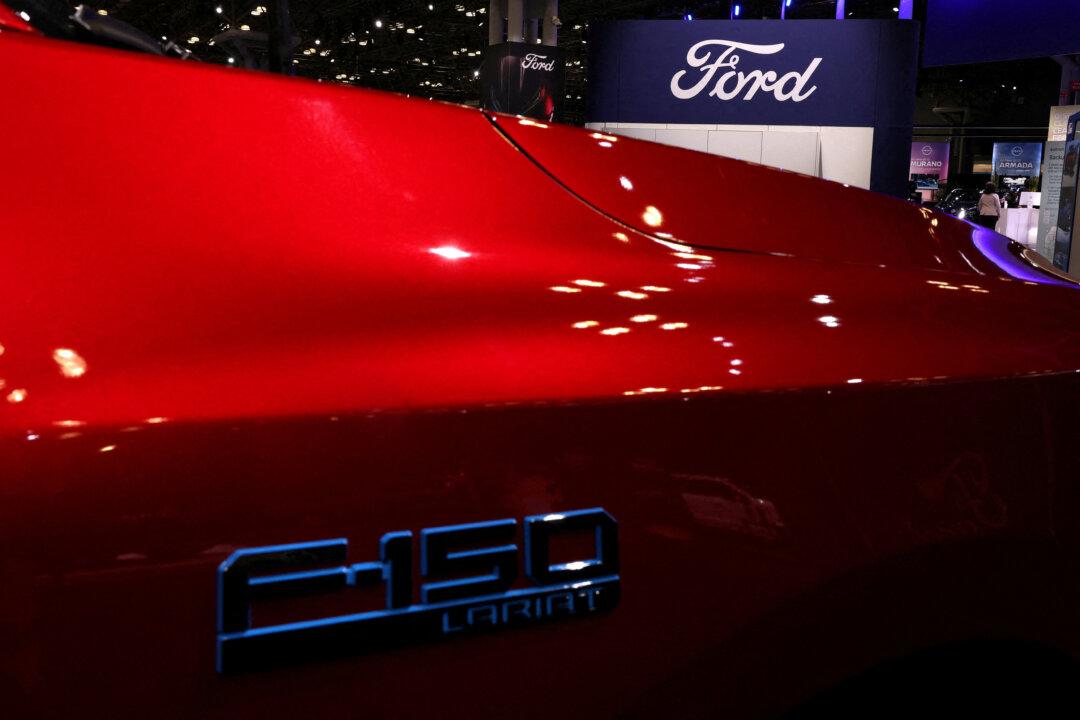Ford Motor Co. has increased prices on several Mexican-built vehicles by $600 to $2,000, citing a combination of standard midyear pricing adjustments and new U.S. auto tariffs.
The price hikes apply to the Maverick pickup, Bronco Sport SUV, and Mustang Mach-E crossover, with affected vehicles expected to reach dealerships in late June, a company spokesperson told The Epoch Times in a written statement.





